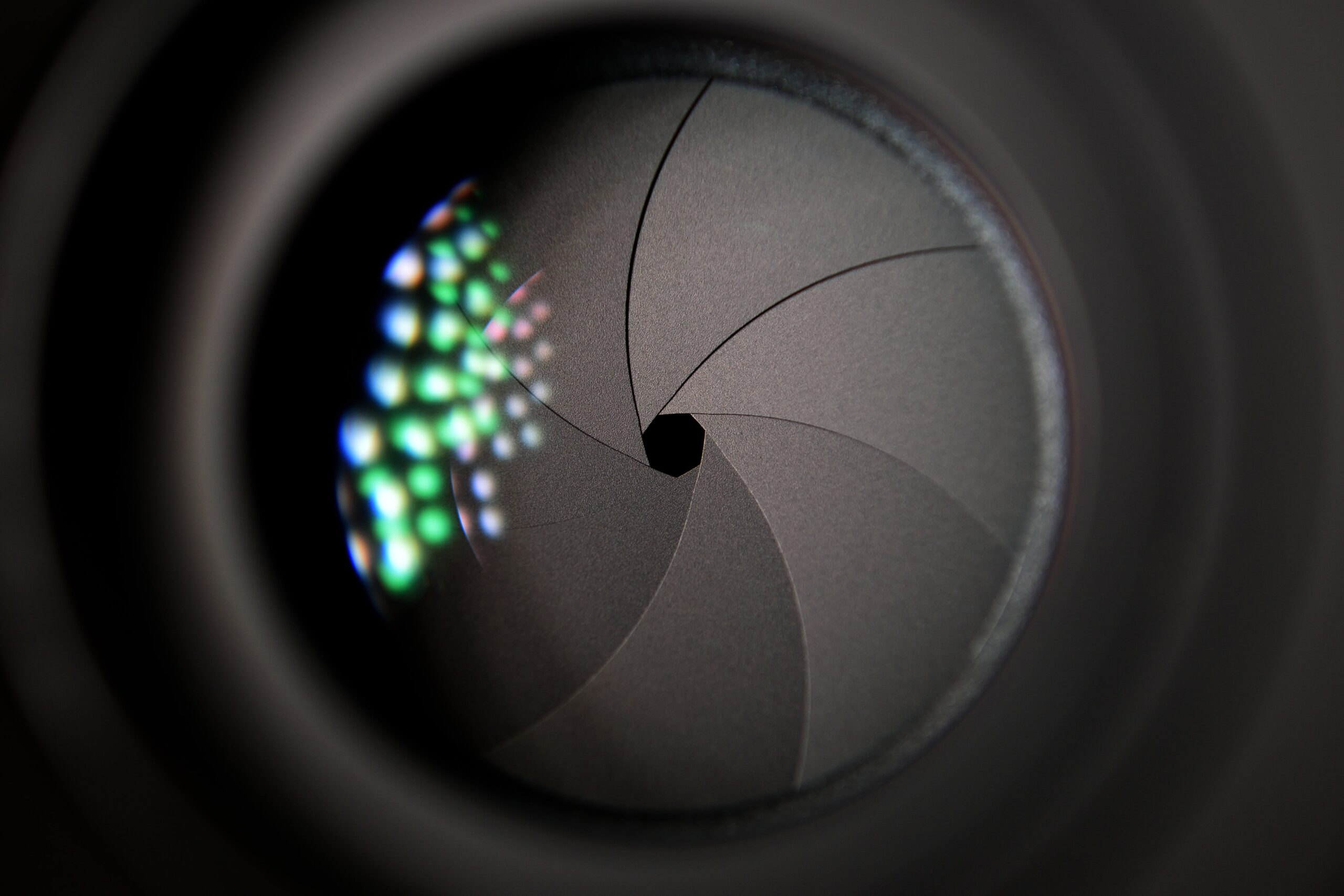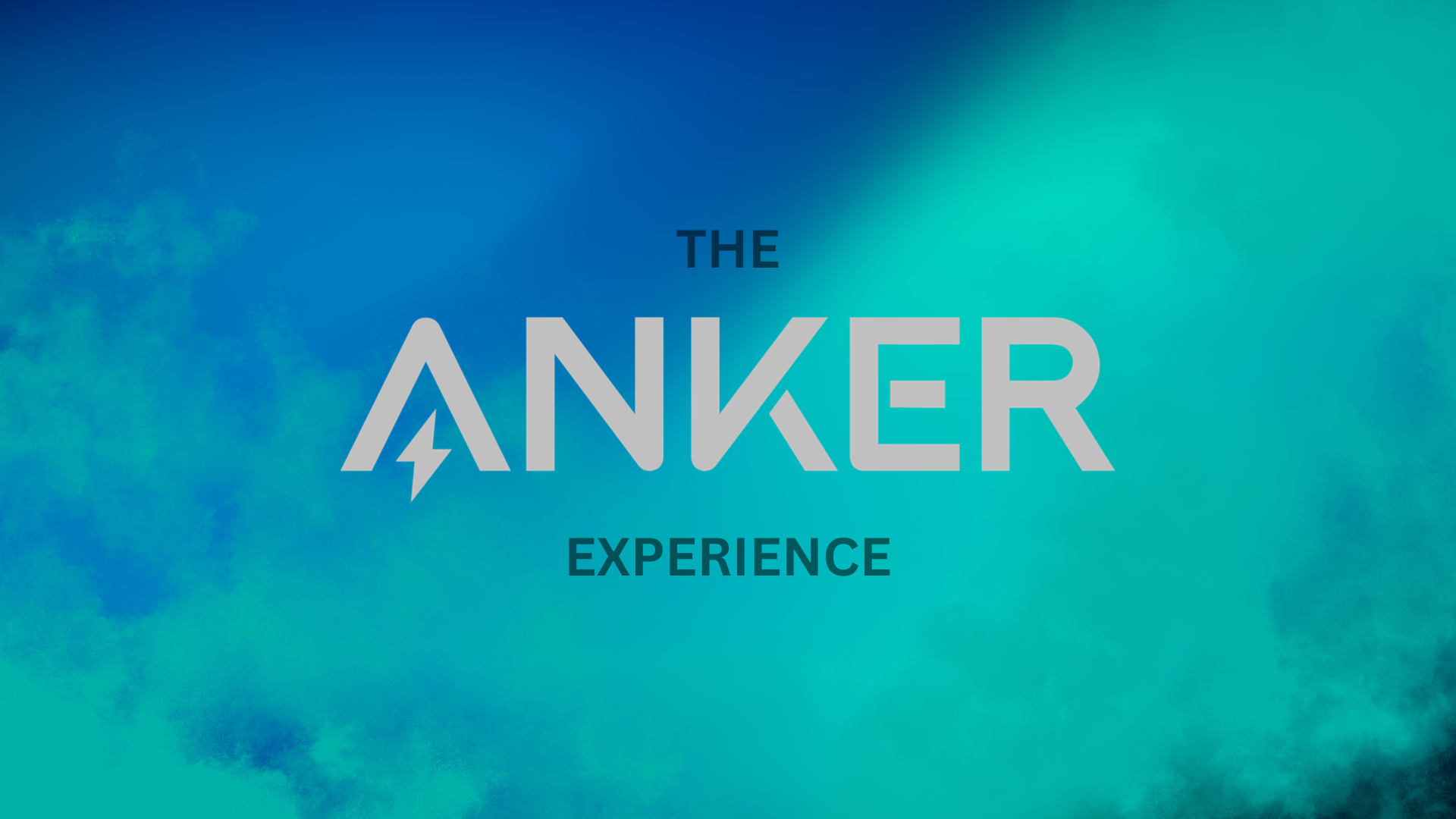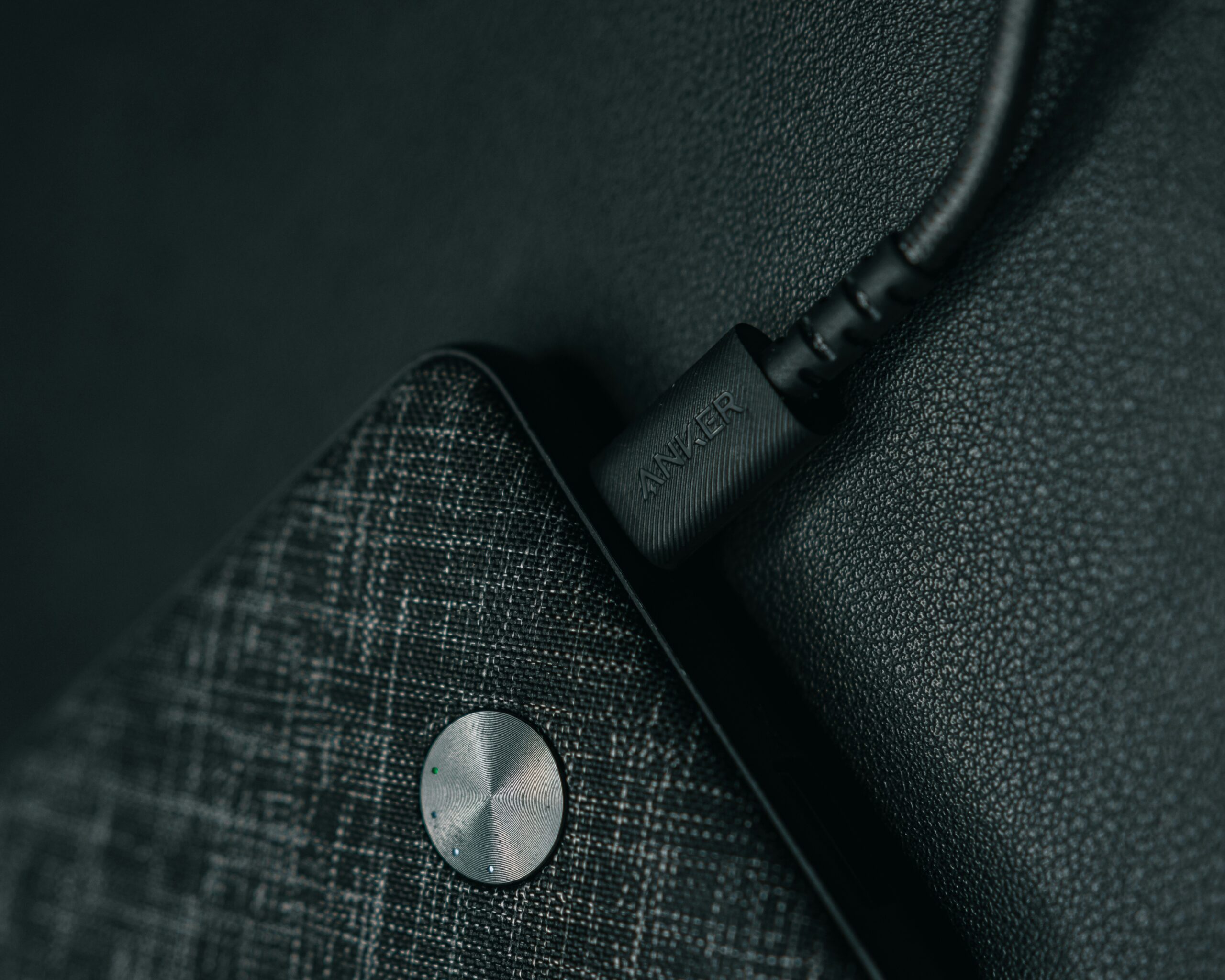A Guide to Choosing the Right Camera for You
Capturing Moments: A Guide to Choosing the Right Camera for You
In a world where memories are often preserved through the lens, selecting the right camera becomes a pivotal decision for both amateurs and seasoned photographers alike. The market offers a plethora of options, each catering to different needs and preferences. In this guide, we’ll navigate the terrain of camera selection, helping you find the perfect tool to bring your visual storytelling to life.
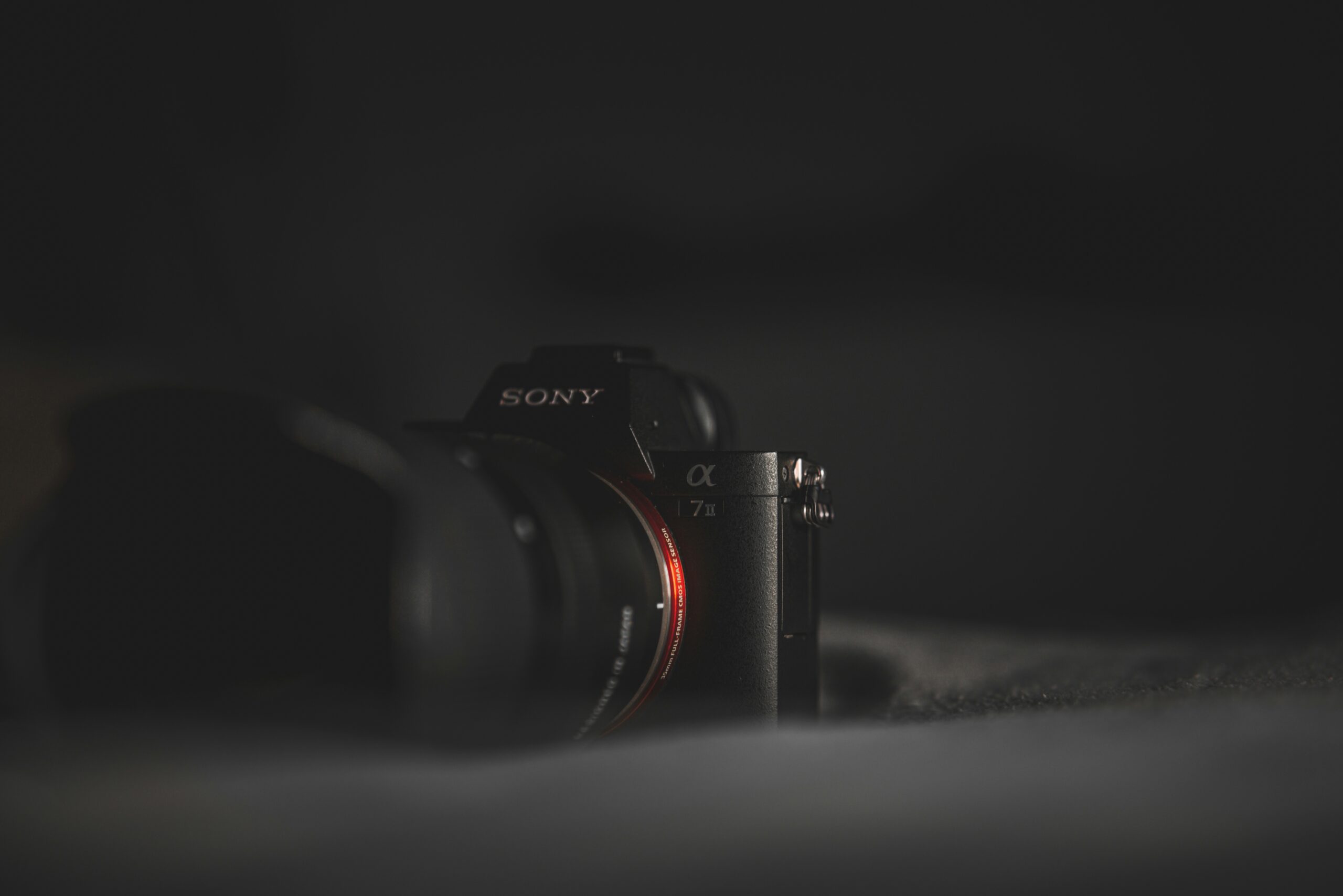
Identify Your Photography Goals
Before delving into the sea of cameras, take a moment to identify your photography goals. Are you an enthusiast looking to capture stunning landscapes, a budding portrait photographer, or perhaps someone interested in diving into the world of action photography? Defining your purpose will significantly narrow down your options and guide you toward a camera that aligns with your specific needs.
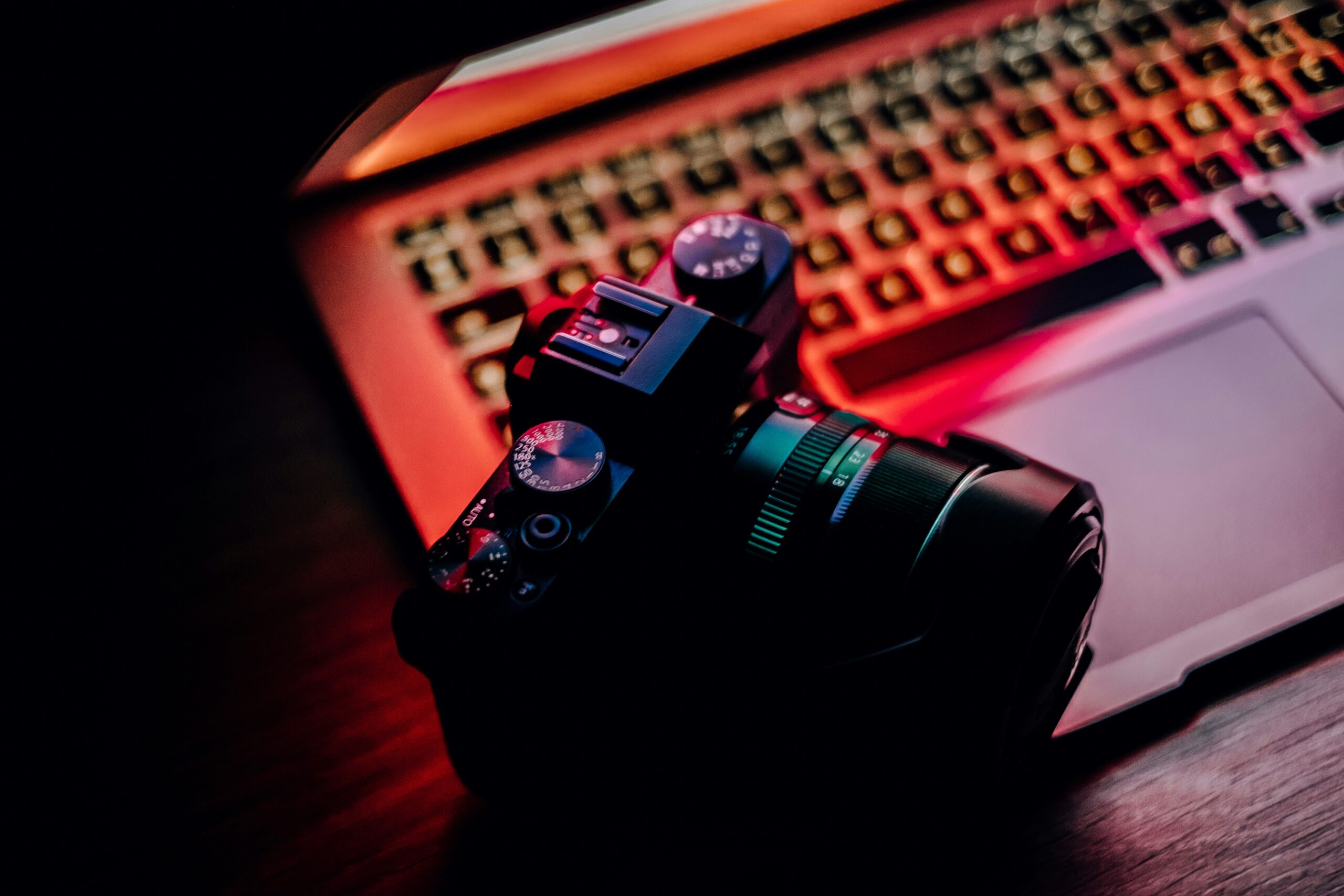
Consider the Camera Type
1. DSLR (Digital Single-Lens Reflex) Cameras:
- Ideal for: Enthusiasts, Professionals
- Pros: Interchangeable lenses, optical viewfinder, excellent image quality
- Cons: Bulky, can be complex for beginners
2. Mirrorless Cameras:
- Ideal for: Travelers, Vloggers, Enthusiasts
- Pros: Compact, lighter, fast autofocus, excellent video capabilities
- Cons: Limited lens selection (compared to DSLRs)
3. Compact Cameras:
- Ideal for: Casual Photographers, Travelers
- Pros: Portable, easy to use, often budget-friendly
- Cons: Limited manual controls, smaller sensors may impact image quality in low light
Check official stores: Sony, DJI Official Store, GoPro Lifestyle
Assess Sensor Size
The sensor size of a camera plays a crucial role in image quality, especially in challenging lighting conditions. Larger sensors generally perform better in low light and offer more dynamic range. However, for casual photography, a smaller sensor might be sufficient.
Evaluate Megapixels Mindfully
While it’s tempting to associate more megapixels with better image quality, it’s not always the case. The quality of the sensor and the size of individual pixels also matter. For most users, a camera in the range of 12 to 24 megapixels is more than adequate for day-to-day photography.
Investigate Lens Options
If you’re opting for an interchangeable lens system (common in DSLRs and mirrorless cameras), explore the available lens options. Consider the variety of lenses offered for your chosen camera system, especially if you plan to expand your photography skills in the future.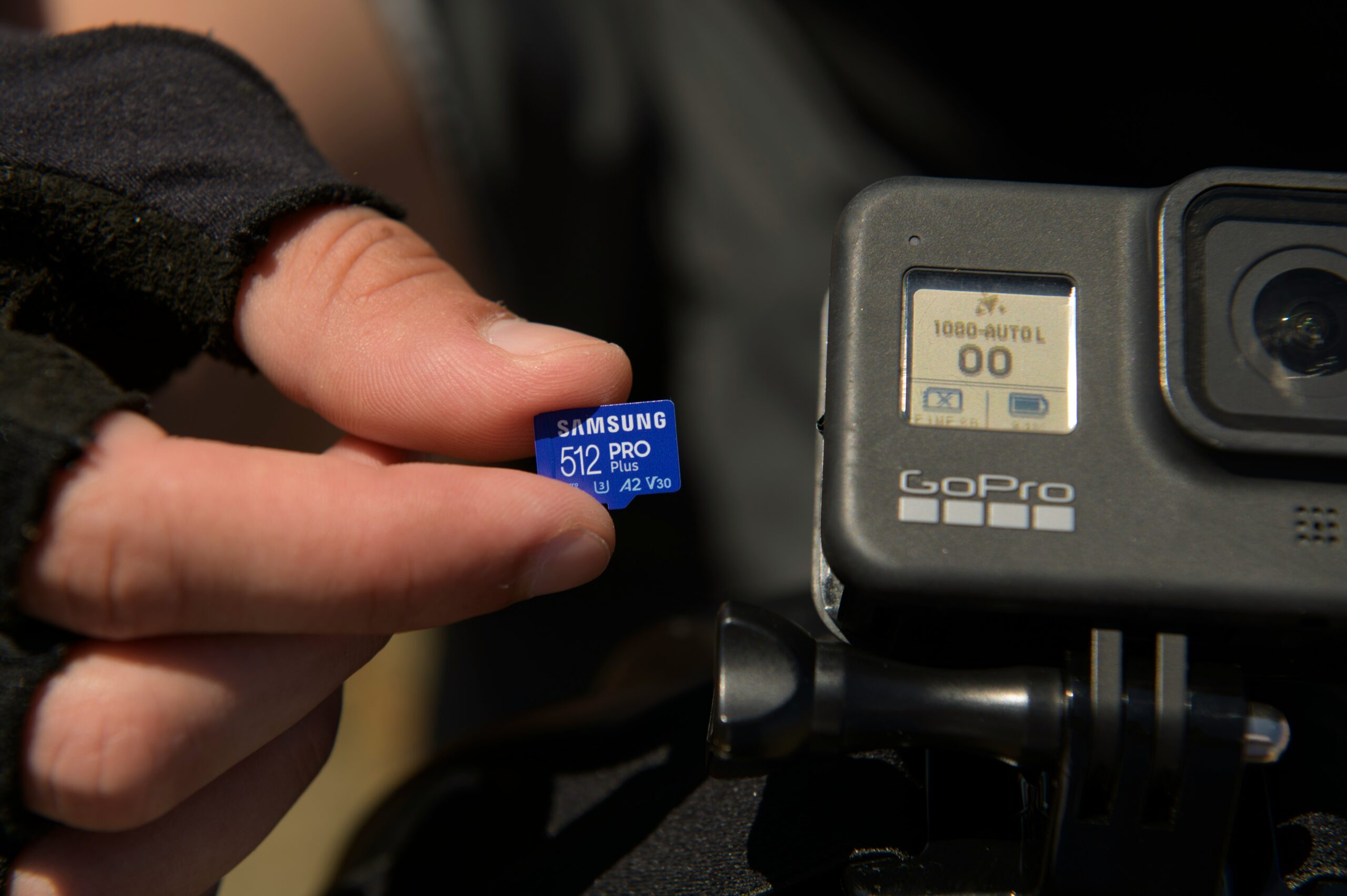
Think About Video Capabilities
If you’re interested in videography, pay attention to a camera’s video capabilities. Many modern cameras offer impressive video features, including 4K resolution and advanced autofocus systems. Consider your videography needs to ensure your chosen camera can deliver on both fronts.
Budget Wisely
Lastly, establish a realistic budget. Quality cameras come in various price ranges, so it’s crucial to find a balance between your requirements and your financial constraints. Remember that investing in good lenses is often as important as choosing the right camera body.
In the end, the perfect camera is the one that suits your unique vision and style. Take the time to explore options, read reviews, and, if possible, test different models in-store. Your camera should be an extension of your creativity, capturing moments as you see them and helping you tell your visual story to the world. Happy shooting!
Share This Story, Choose Your Platform!
latest video
Subscribe Now
Keep up to date with latest news and hobby tips here at CrazyHobbyist

